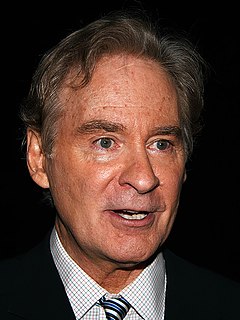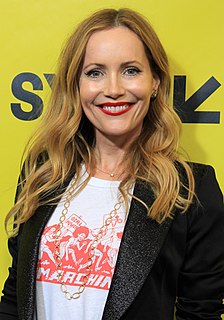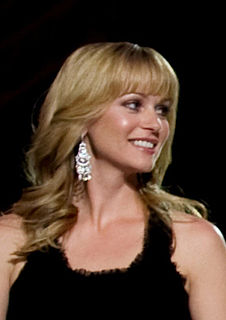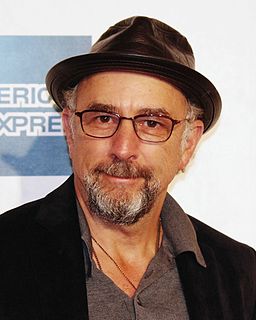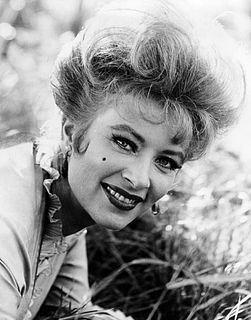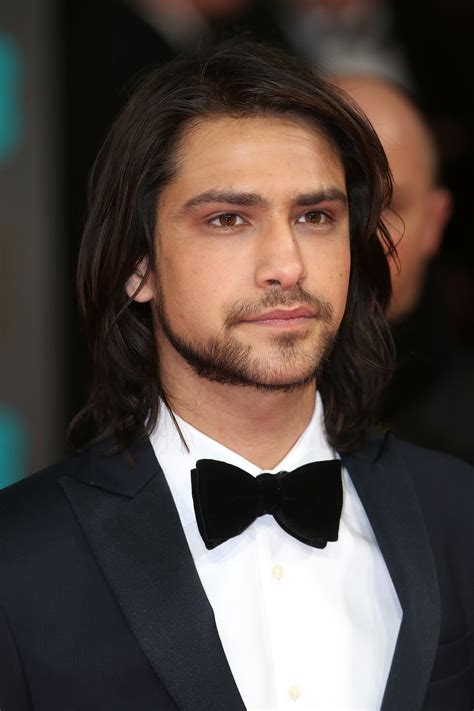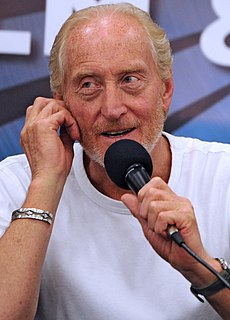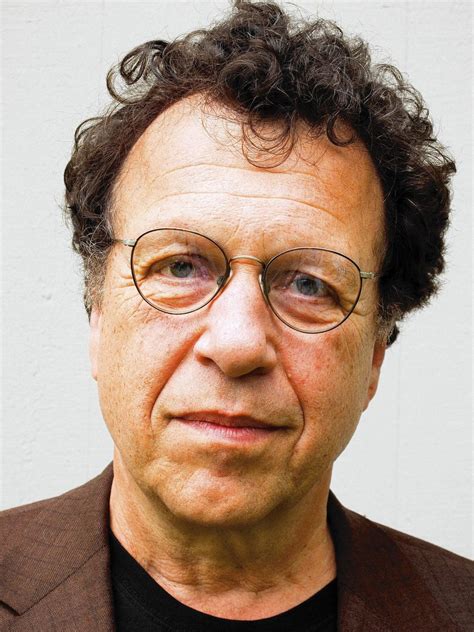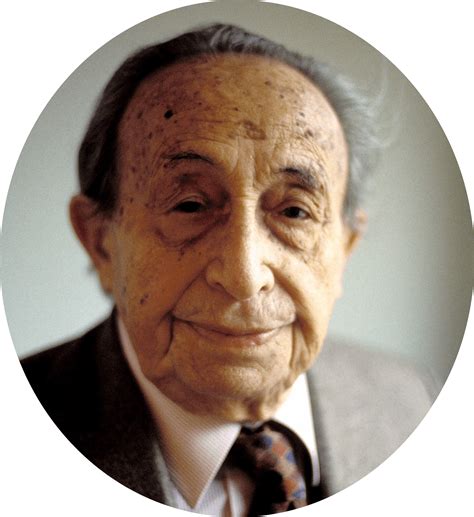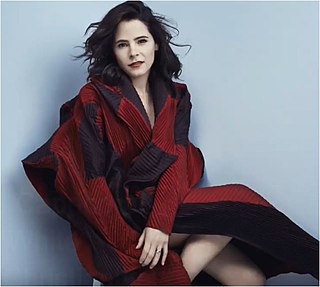A Quote by Priyanka Chopra
In features, we're languid: we shoot one or two scenes over, like, three days. In TV, the pace is so different. You're shooting ten scenes a day, going way into the future or way back into the past. It's complete madness, and I'm just trying to keep up with this really electric pace.
Related Quotes
Well, the whole trick to doing an independent film, is to keep great pace and momentum. You're shooting maybe three times as many scenes in one day that you would on a big, luxurious budget on a luxurious schedule, and you try not to sacrifice quality for that. Things are just compressed, but essentially the same.
Somebody comes to your house. You know they're coming, so it's not a surprise. And they give you an envelope that has your scenes in it. And they sit in the car outside for a half an hour while you read your scenes, then they ring your doorbell and you give your scenes back. Then you shoot the movie a few weeks later or something. The next time you see your scenes is the night before you start shooting. I never read the script [Blue Jasmine], so I didn't really know what it was about.
Different scenes call for different acting styles. The kinds of scenes I like most are the ones where you just bury yourself in there. So I wouldn't say that's the only way to be funny, but that's my favorite way to play stuff, to try to put myself in a situation where that kind of acting is necessary.
But as we went on, and you keep practicing and rehearsing more and more fight scenes, it clicks and you just get it. It's almost like a soccer game. If you take enough shots on target, one of them is going to go in. As soon as it does, something happens and it just registers. I found it a lot easier after that, which was about three-quarters of the way through the shoot.
I do like working on independent films where it is a smaller budget and less pressure. The pace is also quicker than that of a big budget film. You are shooting at a fairly fast pace. Sitting around for three or four days can be quite draining. So I guess in terms of film or television, I would say filming an independent feature.

